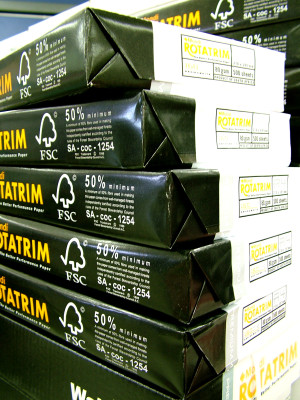 The importance of punctuality cannot be stressed enough for court reporters. It is common for a court reporter to show up 15 to 30 minutes before the time set for a deposition.
The importance of punctuality cannot be stressed enough for court reporters. It is common for a court reporter to show up 15 to 30 minutes before the time set for a deposition.
Reporters who are late often hold up the deposition if all parties, including the witness, have gotten there on time. This can burden all parties by having to remain at the deposition location longer than planned. It can also create problems such as pressure the questioning attorney to speed through the deposition and it does not create a positive impression for the court reporter.
Although it might seem unnecessary to leave for your deposition earlier, doing so will help avoid any mishaps in arriving late to a job. This will also account for unexpected delays in traffic and things that are out of your control. You will be grateful for the extra time you’ve allotted yourself should any obstacles arise. Even being ten minutes late can often lead attorneys to complain of your lack of punctuality to your agency.
The night before your scheduled deposition, use Mapquest, Google Maps or your GPS system to look up directions to your destination. Another way to ensure you arrive on time is to double check the website of the location where you will be working. Sometimes applications or websites will mistakenly direct you to go to a different area of town because two locations share the same address. Double checking the website or even calling the office the day before will help avoid blunders in arriving at the wrong location.
Checking the weather the day before will also provide extra assurance in arriving on time. If you don’t have the opportunity to take the day off for inclement weather, plan your commute accordingly. Give yourself at least an extra hour to arrive at your destination should any road conditions become hazardous or there is slow traffic. During winter storms, icy conditions will leave roads difficult and dangerous to drive or walk on, so consider these variables when planning.
Punctuality not only benefits your reputation as a court reporter, it also benefits all parties involved in a job. It is the respectful thing to do as all people have busy and varied schedules. Taking extra precautions to arrive on time will help your jobs start as scheduled and you will be making a professional impression.
If you found this article interesting, you might also like “4 Things A Court Reporter Should Never Say in a Deposition.”
 Part of being a professional freelance court reporter is knowing what to say and what not to say when you are working with attorneys. As the owner of a busy court reporting firm, I have the occasion to coach new reporters on situations that may arise and how to handle them. I wanted to share a few of these situations where it was not obvious to the new reporter as to what a professional response should be.
Part of being a professional freelance court reporter is knowing what to say and what not to say when you are working with attorneys. As the owner of a busy court reporting firm, I have the occasion to coach new reporters on situations that may arise and how to handle them. I wanted to share a few of these situations where it was not obvious to the new reporter as to what a professional response should be. As the owner of a court reporting firm, I am always trying to anticipate things that may go wrong when sending court reporters to depositions. But sometimes things come up we don’t expect. We always want to make the appropriate arrangements and avoid any mishaps that might occur, but sometimes it just isn’t possible to avoid some situations.
As the owner of a court reporting firm, I am always trying to anticipate things that may go wrong when sending court reporters to depositions. But sometimes things come up we don’t expect. We always want to make the appropriate arrangements and avoid any mishaps that might occur, but sometimes it just isn’t possible to avoid some situations. Does your office recycle? If not, you might want to think about starting a program. Recycling is not only good for the environment but is also good for business in a variety of ways.
Does your office recycle? If not, you might want to think about starting a program. Recycling is not only good for the environment but is also good for business in a variety of ways. Many law firms are beginning to do their part to save the environment by implementing recycling programs and other strategies. Even the smallest changes can mean big results. For law firms, reducing the amount of paper used during the course of business is a large area in which they can decrease their carbon footprint. There are several ways your court reporter can help you reduce your paper use.
Many law firms are beginning to do their part to save the environment by implementing recycling programs and other strategies. Even the smallest changes can mean big results. For law firms, reducing the amount of paper used during the course of business is a large area in which they can decrease their carbon footprint. There are several ways your court reporter can help you reduce your paper use.